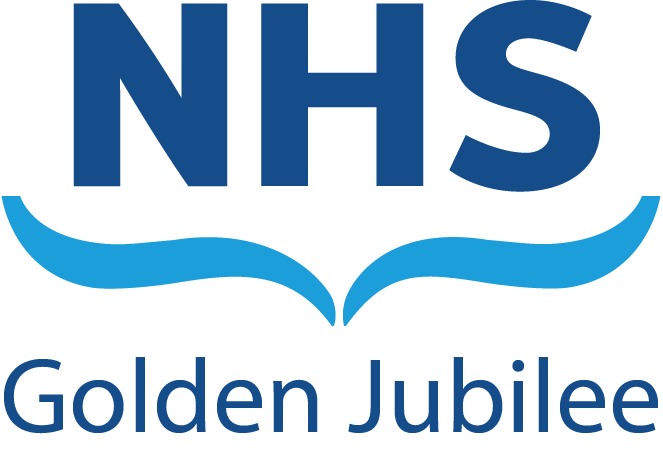Travelling with pulmonary hypertension
Following a diagnosis of Pulmonary Arterial Hypertension, many people think travel and holidays are a thing of the past.
Diagnosis does not mean the end of travel and holiday plans, you just need to make sure plans are thought out in advance and take extra care.
Travel checklist
- Arrange enough medication – always take more than necessary to account for delays in travel.
- Arrange any equipment / oxygen.
- Arrange any required airport / ferry terminal assistance (always allow yourself lots of time at the airport).
- Arrange travel insurance (although it may be expensive it is essential).
- Arrange letter from SPVU outlying your condition.
- Ensure up-to-date European Health Insurance Card (EHIC).
- Always carry your SPVU Medical Alert Card.
- Identify a PH doctor / centre near to where you are staying (the PHAUK can help with this).
- Always pack your PH medications in your hand luggage (always keep your medications in original packaging).
- If travelling with flolan / iloprost the SPVU will provide a letter covering your need to carry fluids / sharps.
Travel tips
Accommodation
Book ground floor accommodation if possible or check your accommodation has an elevator. Does your accommodation meet your health need e.g. does it have a fridge for your Flolan. Remember to take enough travel adaptors for any devices you require to charge
Travelling by car
The Blue Badge scheme helps you park closer to your destination if you’re disabled. Blue badges are recognised across the EU. This link provides further information regarding application for a blue badge https://www.gov.uk/blue-badge-scheme-information-council
If carrying oxygen in your car you should:
- Inform your insurer (this will not affect your premium).
- Have a sticker / notice in vehicle window stating oxygen is onboard.
- Ensure oxygen cylinders are stored securely.
Travelling by train
Most trains can accommodate wheelchairs however there are a limited number of spaces so booking your space for longer trips is recommended. Always contact the train company if you wish to travel with a mobility scooter. Eurostar have wheelchair accessible coaches and allow oxygen onboard. The disabled person’s railcard is valid for 12 months at a time and offers up to a third off a range of tickets. This card costs £18 for the 12 month period and you require to be in receipt of a disability related benefit.
Travelling by ferry in the UK
Extra assistance can be obtained if you ask for this when booking your ticket. Wheelchairs are usually available at the bigger terminals. There is a 25% discount available to Blue badge holders on CalMac ferries (vehicle ticket) and your blue badge must be shown at time of ticket purchase.
Travelling by boat
Cruise ships are all very accessible however river cruise boats vary in accessibility. This is a good holiday as you can be as busy or as relaxed as you want it to be. Always enquire about excursions before you book e.g hilly, heat, accessible coaches, stairs. Cruise companies require at least 4 weeks’ notice of need for oxygen concentrators – you are responsible for arranging this yourself. You are responsible for all your own medical devices (including oxygen concentrators). The cruise ship have doctors and nurses onboard and you can arrange a letter from SPVU on your condition to give to them. Riverboats do not usually have medical staff onboard.
Travelling by air
You may require a fitness to fly letter from the SPVU which you can arrange by contacting the nursing staff.
If you require oxygen to fly you will then need to fill out a form which is provided by your airline. The SPVU nurses will help you complete this but you need to be prepared and ensure you have applied for this well before your flight. In-flight oxygen may be an added cost to your flight. This varies from airline to airline and most of which can be found at the link below.
http://www.europeanlung.org/lung-disease-and-information/air-travel/airline-index/
You will require your own portable oxygen for use in the airport and transfers. Some airlines prohibit oxygen use during take-off and landing.
Drink plenty of non-alcoholic fluids during your flight and get up and move around, even on short flights.
If you use a CPAP machine remember to take this onboard and use it.
If you have a medical condition you are allowed more hand baggage than is usual (check with your airline).
Further information about travelling with oxygen can be found at:
- https://www.chss.org.uk/documents/2013/08/f13_air_travel_web.pdf
- http://www.phauk.org/living-with-pulmonary-hypertension/travelling-with-ph/travelling-with-oxygen/
Please feel free to call the SPVU nurse team for further information and advice.
Travel insurance
Travel insurance is not a luxury; it is an essential element of your trip.
Mainstream insurers may charge a large premium for existing conditions so shop around.
Always ensure you get repatriation cover (the insurance company will pay for you to get home no matter the cost).This is often included but usually in the more expensive premiums.
Pulmonary Hypertension Association UK, Chest, Heart, Stroke Scotland and the British Lung Foundation can advise on insurance.

